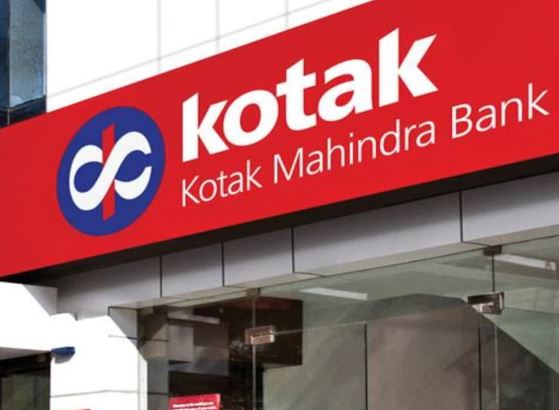RBI Curbs on Kotak Bank
The Reserve Bank of India (RBI) directed Kotak Mahindra Bank to immediately stop onboarding new customers through online and mobile banking channels. The central bank also barred the private lender from issuing fresh credit cards, citing significant concerns observed during its IT examination of the bank for the years 2022 and 2023.
- The RBI’s action was taken under Section 35A of the Banking Regulation Act, 1949, which empowers the regulator to issue directives to banks to prevent their affairs from being conducted in a manner detrimental to the interests of depositors or the bank itself.
- As of now, Kotak Mahindra Bank had issued 59.54 lakh credit cards.
Reasons for RBI’s Decision
The RBI’s IT examination revealed serious deficiencies and non-compliances in several areas, including:
- IT inventory management
- Patch and change management
- User access management
- Vendor risk management
- Data security and data leak prevention strategy
- Business continuity and disaster recovery rigour and drill
The bank was found to be significantly non-compliant with the Corrective Action Plans issued by the RBI for 2022 and 2023, with inadequate, incorrect, or unsustained compliance submissions.
Impact on Customer Service
The RBI noted that due to the absence of a robust IT infrastructure and risk management framework, Kotak Mahindra Bank’s Core Banking System (CBS), online, and digital banking channels experienced frequent and significant outages in the last two years, causing serious customer inconvenience. The most recent outage occurred on April 15, 2024.
Impact on Existing Customers
- Kotak Mahindra Bank will continue to provide services to its existing customers, including credit card holders.
- The bank clarified that its branches would continue to onboard new customers and provide them with all services, except for the issuance of new credit cards.
About Reserve Bank of India (RBI)
- RBI is India’s central banking institution, established in 1935 under the RBI Act, 1934.
- It formulates and implements monetary policy with objectives like price stability and economic growth.
- RBI acts as the banker to the government and banks, manages foreign exchange reserves, and issues currency.
- It supervises and regulates commercial banks and non-banking financial institutions.
- RBI has the power to issue directions to banks under Section 35A of the Banking Regulation Act, 1949.
- Important functions include maintaining financial stability, managing government borrowings, and promoting credit and banking habits.
As digital transactions continue to grow, banks must ensure their systems are capable of handling the increased load while providing seamless customer service and safeguarding sensitive data.
Month: Current Affairs - April, 2024
Category: Economy & Banking Current Affairs








